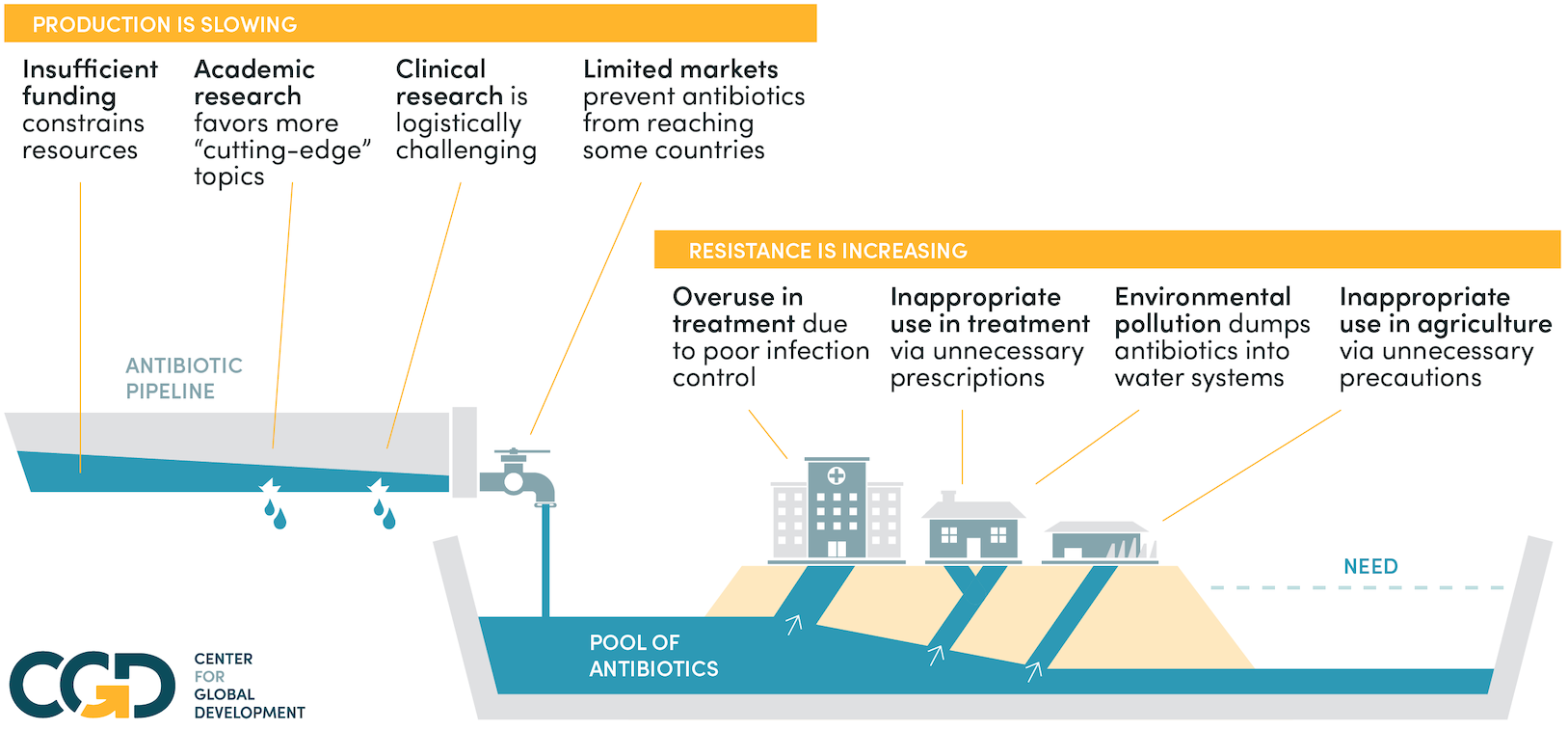Drug resistance finally got its day on Capitol Hill last week when the House Energy and Commerce Health Subcommittee held a hearing on the topic. The event signaled interest in two ways: first, by the expert witnesses the panel invited, Anthony Fauci of the National Institutes of Health and Thomas Frieden of the Centers for Disease Control; and second, by the number and importance of the subcommittee members who attended.Fifteen members joined the subcommittee’s chairman, Frank Pallone (D-N.J.), and ranking member, John Shimkus (R-Ill.), including Rep. Henry Waxman (D-Calif.), chairman of the full committee, Rep. John Dingell (D-Mich.), Waxman’s predecessor as chairman, and two major supporters of legislation designed to tackle problems caused by drug resistance, Reps. Jim Matheson (D-Utah) and Jan Schakowsky (D-Ill.).This is the kind of serious, high-level attention we need to meet the challenge of drug resistance, a growing crisis that is undermining the global health community’s efforts to treat malaria, HIV, tuberculosis, and a range of other diseases in both developing countries and wealthier nations.Reminding us that local often trumps global, nearly every member in attendance mentioned the large – and growing – number of hospital-acquired infections that are resistant to at least one common antibiotic, and many expressed concern over methicillin-resistant Staphylococcus aureus (MRSA), citing infections or deaths in their home states. Most of the legislators’ questions dealt with the use of antibiotics in feed animals and agriculture, one key aspect of drug resistance that would benefit from substantial further research. The use of antibiotics in animals has received much of the attention paid to drug resistance because it represents a deep struggle between agriculture and health interests. But, as the panel’s witnesses indicated, there are other issues that are far less controversial and politically charged.Dr. Fauci testified that any strategy to address drug resistance must include proper surveillance of its spread as well as infection control, the rational use of antibiotics, and sufficient biomedical research. Dr. Frieden told the subcommittee that increasing resistance leads to greater death rates and higher health-care costs, and said we must improve and monitor the use of existing antibiotics while developing new drugs.Without action, he said, we may enter a post-antibiotic world.That’s a frightening prospect, but one that we have the ability to avoid. Next month, CGD’s expert Drug Resistance Working Group will release a report, more than two years in the making, on the steps necessary to meet this global challenge. In line with Dr. Fauci and Frieden’s statements, the Working Group strongly emphasizes the importance of improved surveillance to understand where and how resistance is spreading. Collectively, the Group’s recommendations urge coordinated international action across all infectious diseases.It’s good to see that Congress seems ready to be part of that effort.
CGD blog posts reflect the views of the authors, drawing on prior research and experience in their areas of expertise.
CGD is a nonpartisan, independent organization and does not take institutional positions.





